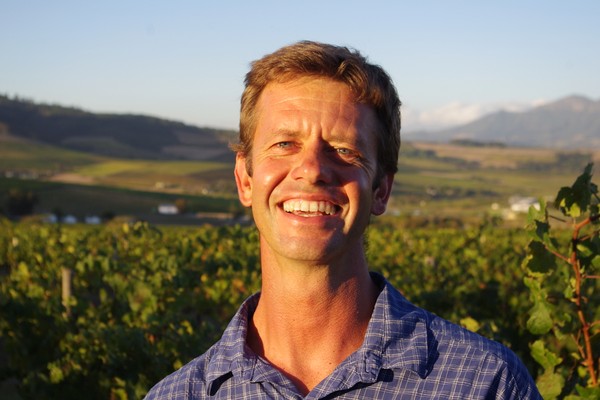
Interview with UFI Global Congress 2017’s Keynote Speaker, Johan Reyneke, Founder & Owner of Reyneke Wines in South Africa (Part 1 of 2).
Johan will share his story of overcoming obstacles and leading change within the winemaking industry in South Africa – and how to apply some of the lessons he has learned to our businesses.
Since many of us don’t know anything about you past your bio, we’d like to know a bit more about Johan.
Stephanie Selesnick: How long have you been surfing? How many close calls with sharks – and has it been a deterrent for getting back in the water?
Johan Reyneke: I’ve been surfing since I was 13 or 14, averaging a couple of times a week. The close call was an isolated incident after 30+ years of surfing, I was surfing and 2 sharks got close. However, I was back in the water the next day. Days after the incident, I met with a South African wine journalist and shared the story as it was still in my mind. To be clear, I love surfing dearly and plan to keep doing it as long as possible. It’s more than a sport, and offers great physical and spiritual benefits.
Stephanie Selesnick: 3.What is a Biodynamic vineyard and winery, and why do you believe it’s the wave of the future? (The idea of sustainability is something many UFI members are passionate about.)
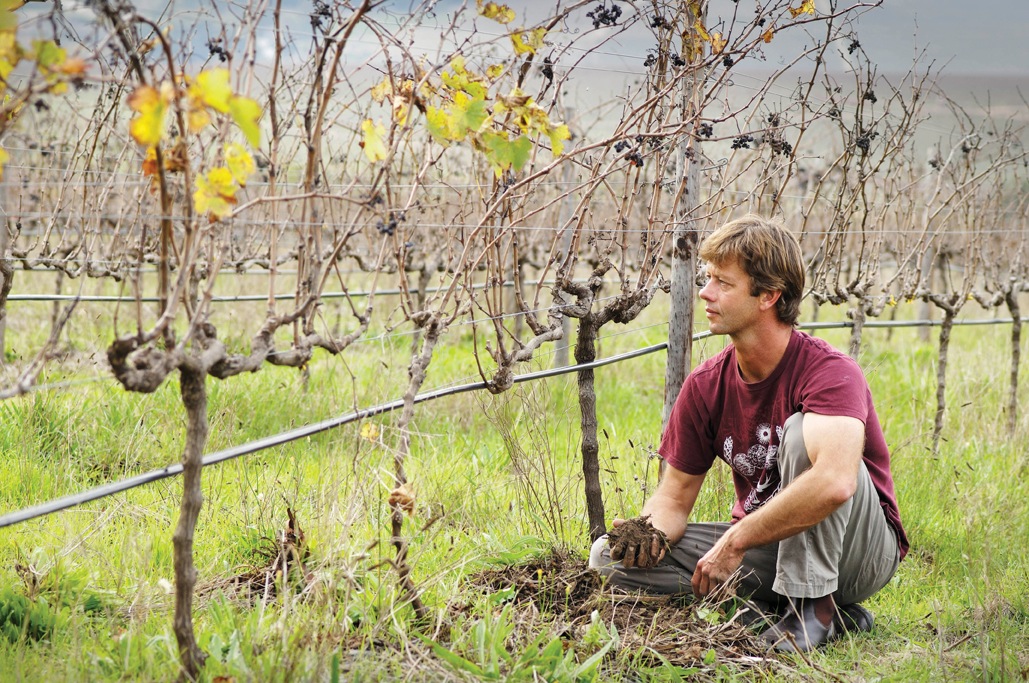
Johan Reyneke: Biodynamics is one of the oldest forms of organic agriculture and comes from a time when our ancestors had farms with complete ecosystems and not just one-crop farms. It is quite a complex concept that I plan to break down into bite-sized bits during my Keynote.
Basically, it comes from a time when our ancestors had a spiritual understanding of farming and were self-sufficient versus self-sustaining. There is a real difference! With today’s scientific agricultural mindset, this type of farming may come across as “new age”, but it works! There are environmental, economic and social benefits to biodynamics, which I look forward to sharing with UFI Members.
It’s an attempt to address issues we face today. If you live in a 3rd world environment, a lot of agricultural inputs (chemicals) have to be sourced from 1st world countries. Pesticides and the like have to be bought with weak currency from multinationals, which forces tight margins. Biodynamic farming helps the smaller farmers.
Waste is a cultural concept – not a natural one. Humans are the only ones who have waste. It may also be an asset, not a liability – and is an important component of biodynamics.

Join us at the UFI Global Congress 1–4 November at the Sandton Convention Centre, Johannesburg, South Africa. For more information and to register visit: www.ufi.org
Follow us on Twitter: #ufijoburg

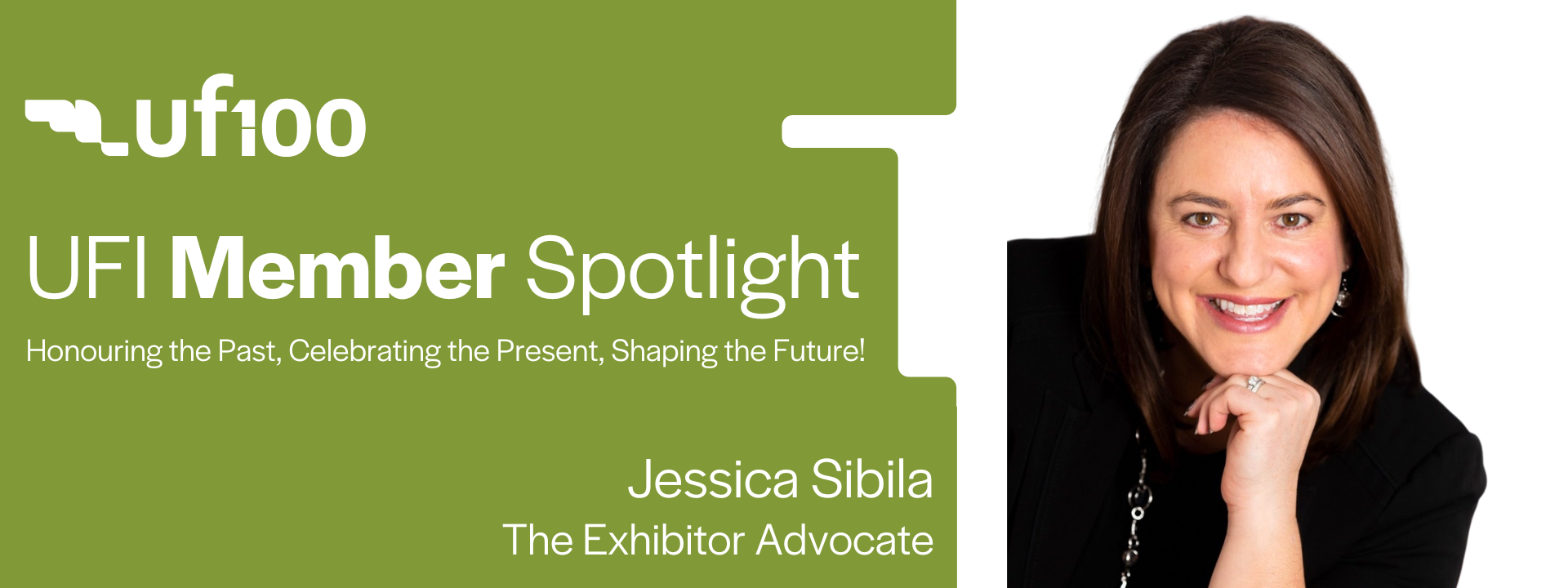
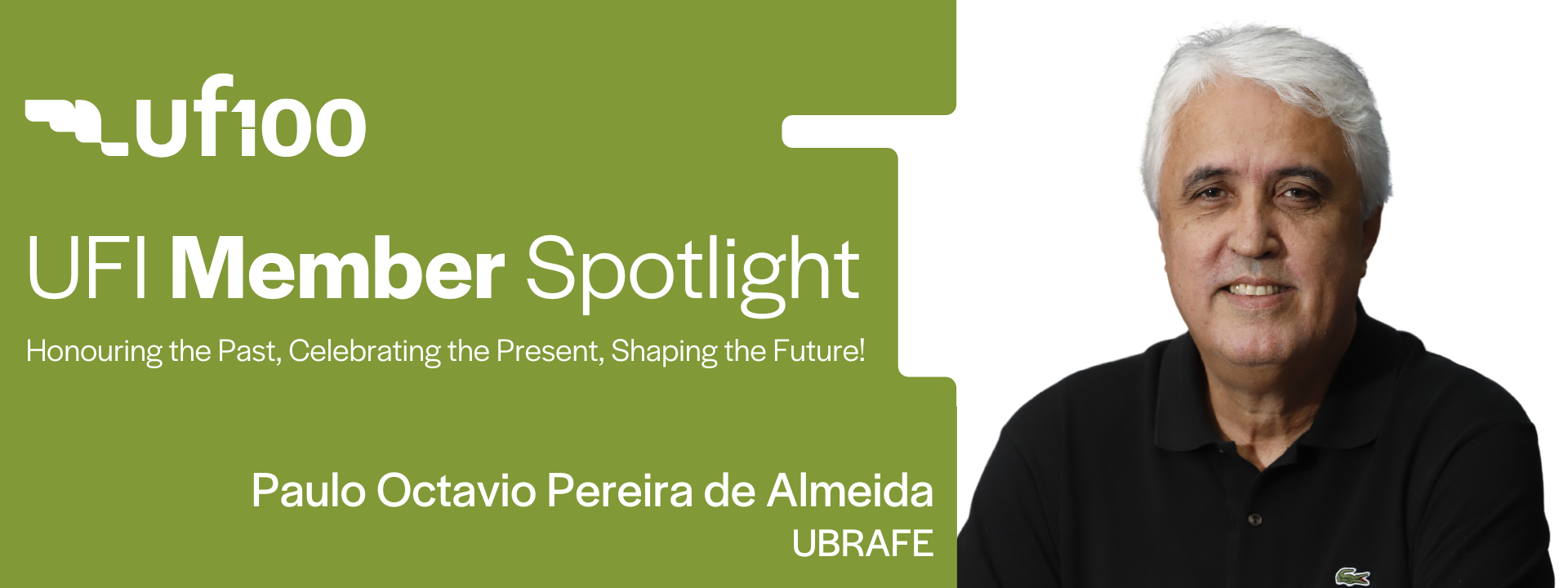

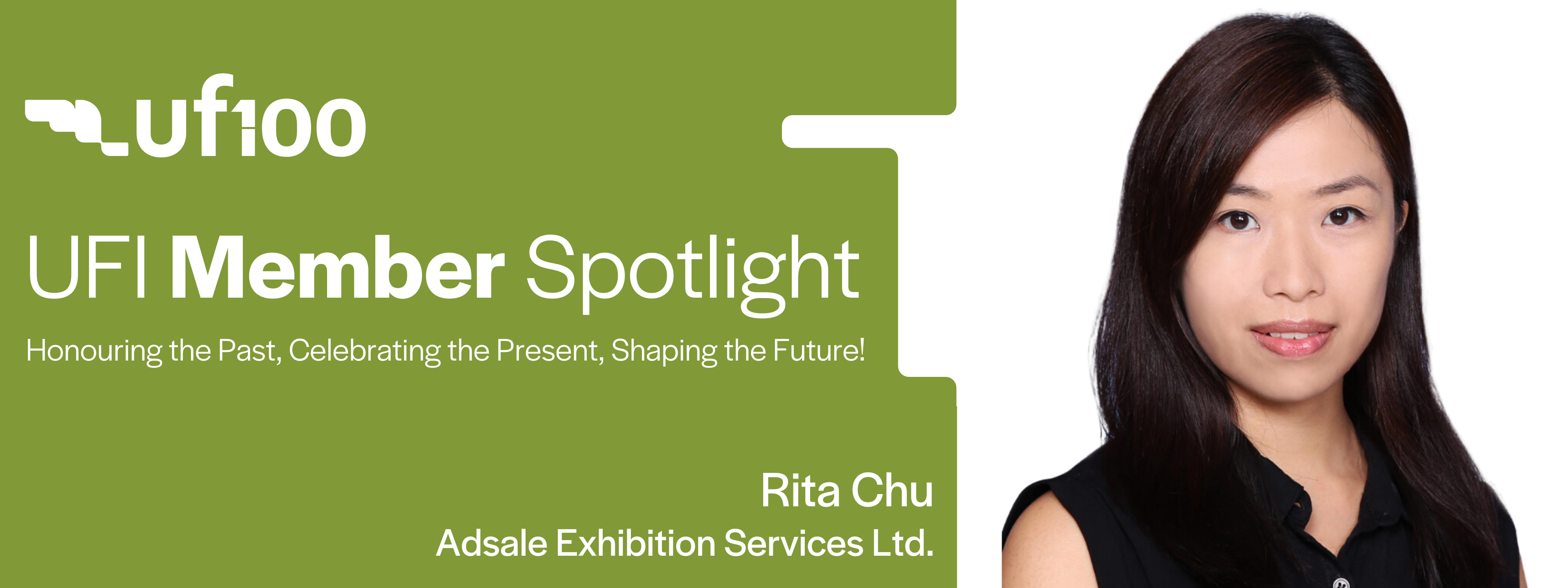

Leave A Comment